About us
The Safe WaTER Lab at SDSU seeks to better understand, characterize, and control the occurrence, persistence, and resistance of pathogens in engineered and natural systems, to protect public health. We envision a world where everyone, regardless of socioeconomic status, race, ethnicity, or geographic location, has access to clean water and safely-managed sanitation and hygiene services.
We are located in Room 423 on the 4th floor of the Engineering building at San Diego State University in California.
Our Laboratory
Our lab is equipped for culture-based and molecular microbiology, specifically for the detection of pathogens and fecal indicators. We have a BioRad QX200 digital droplet PCR system and a QuantStudio 3 quantitative PCR system.
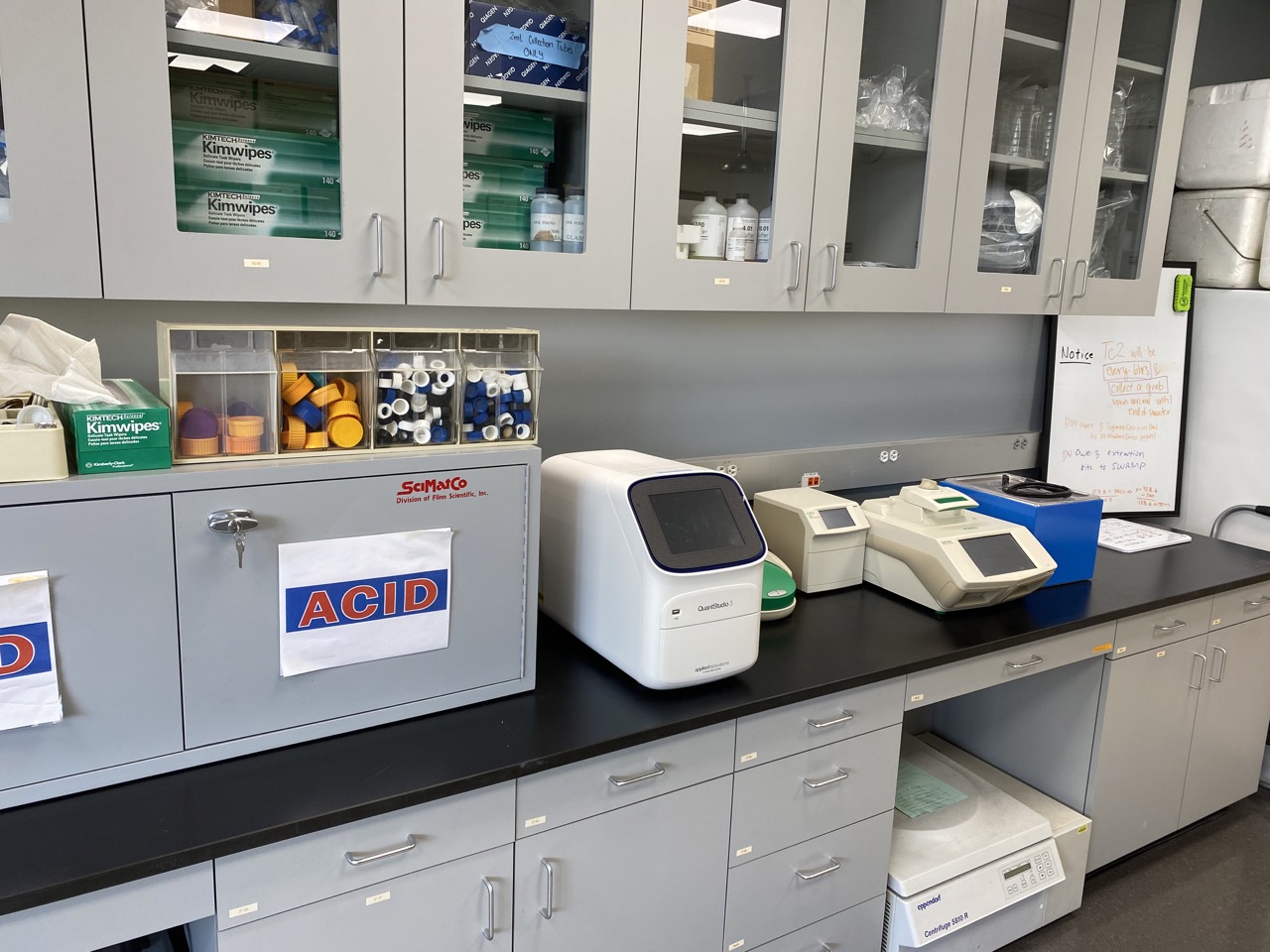
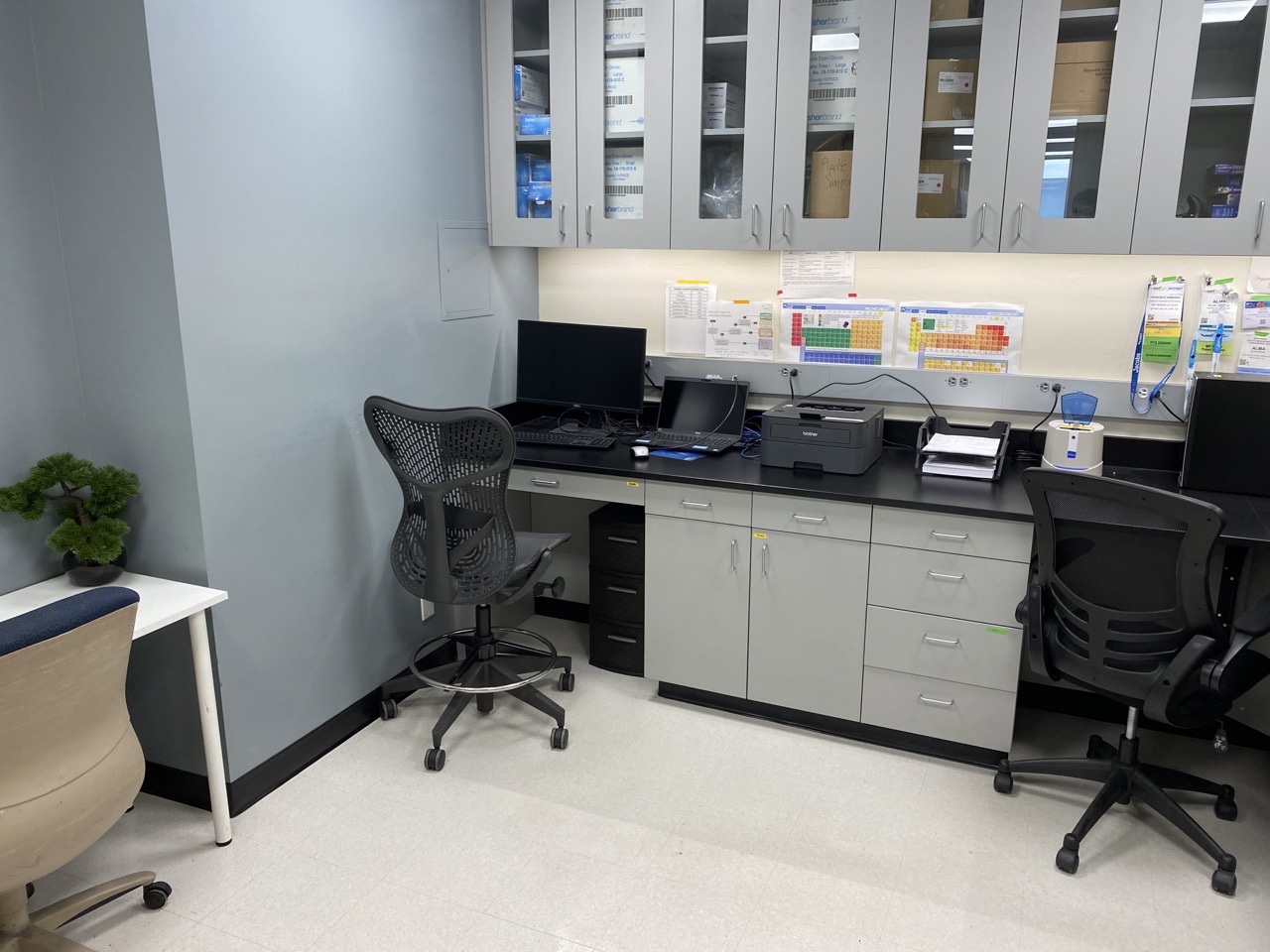
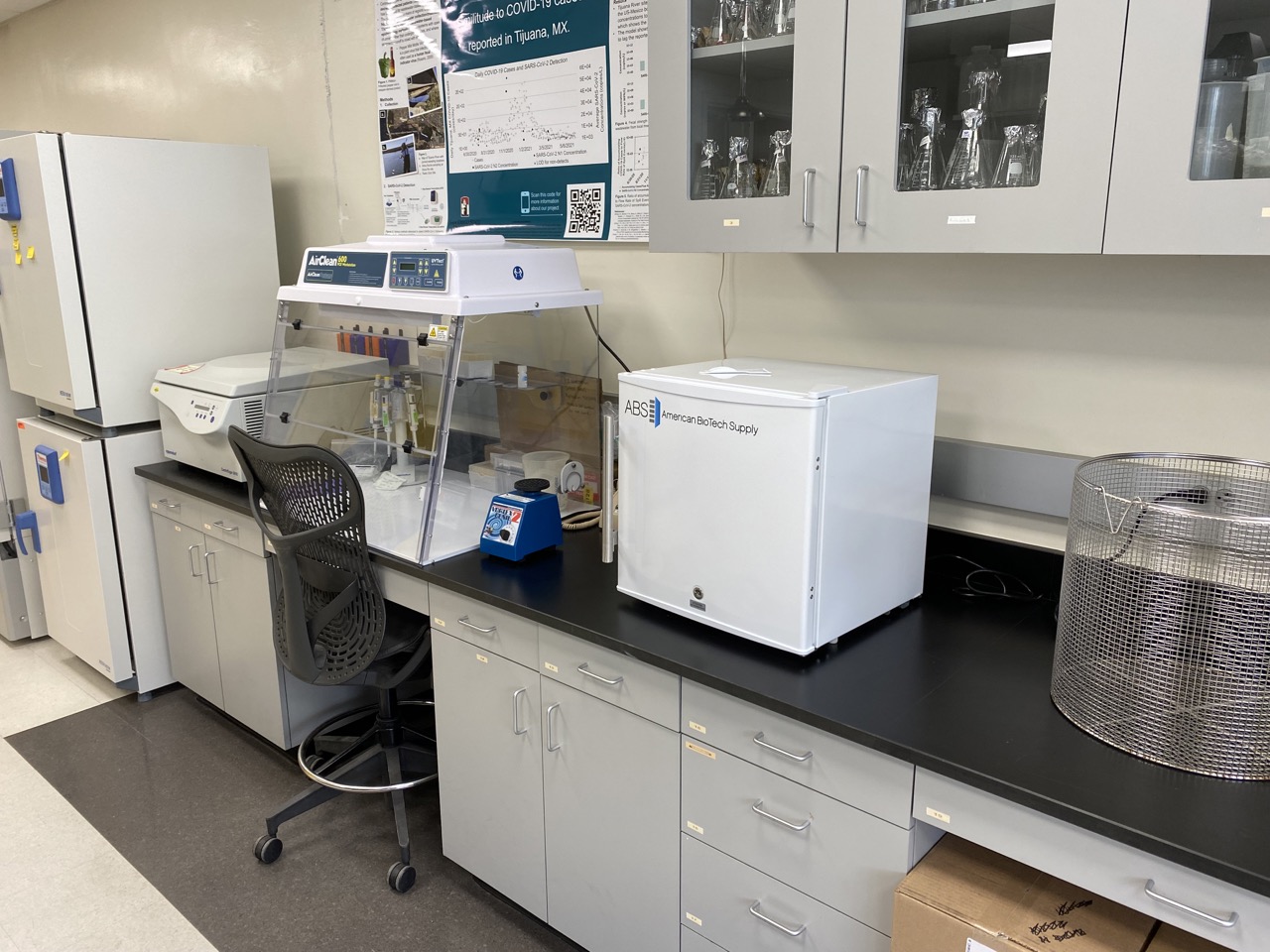
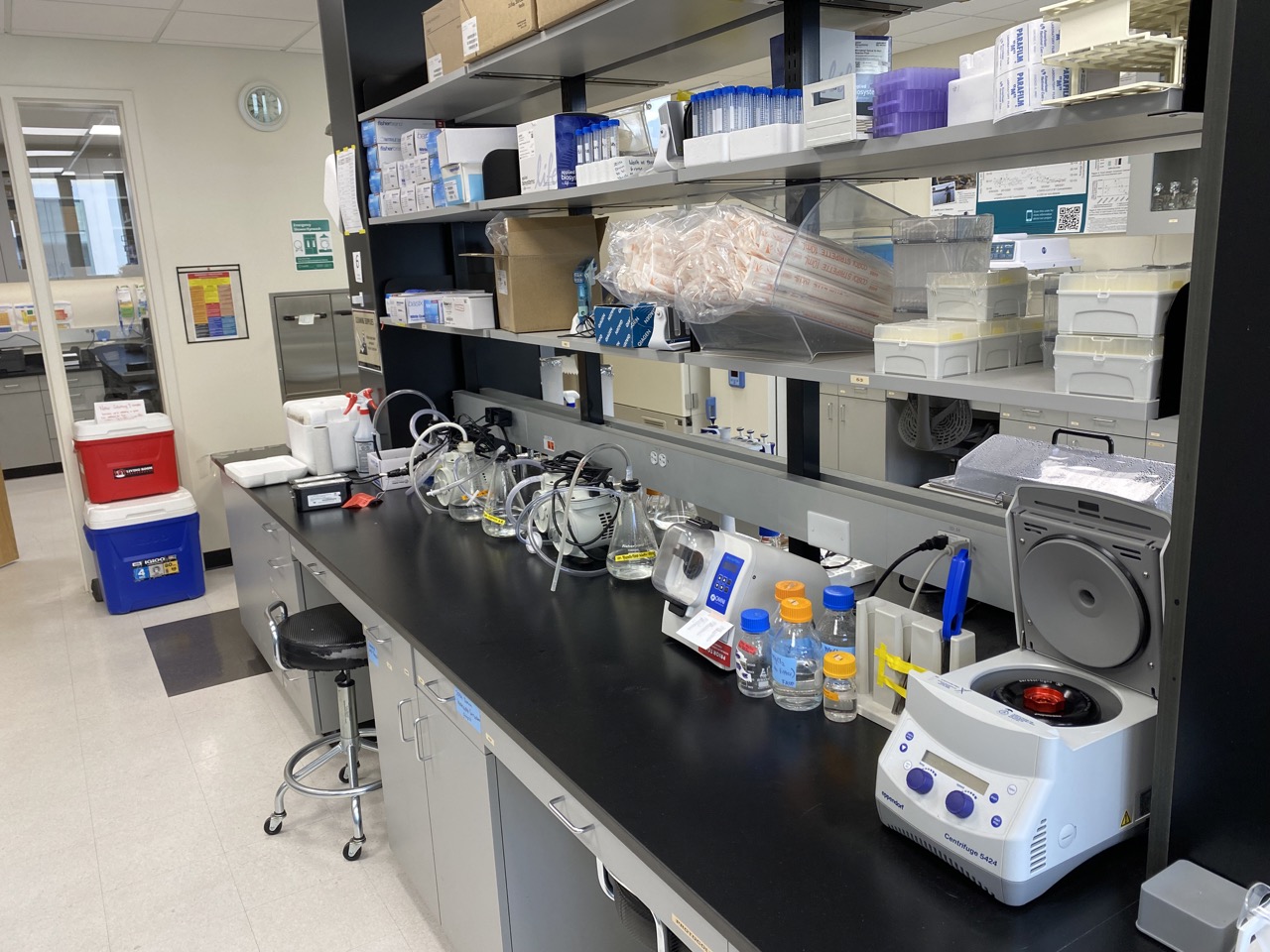
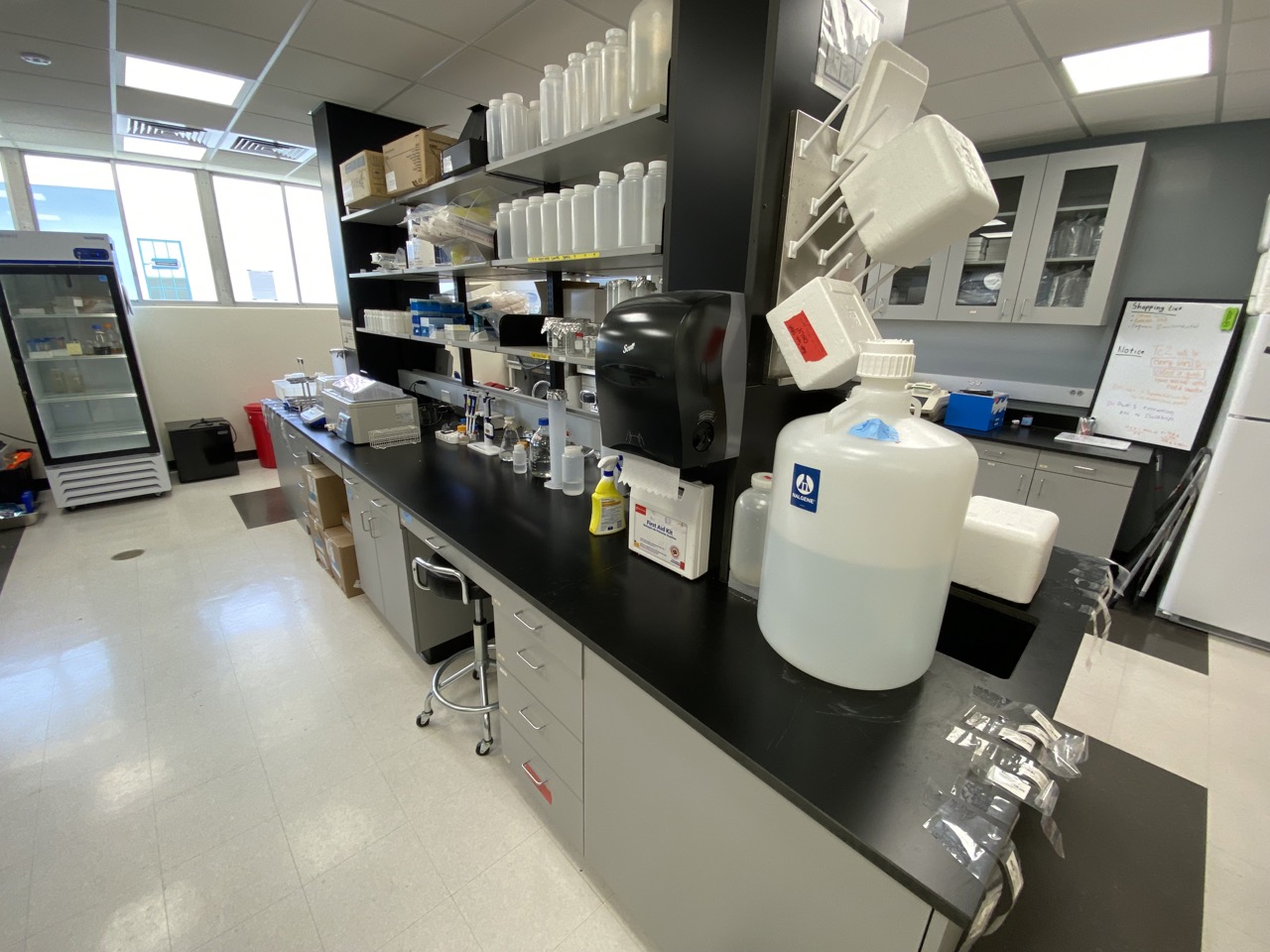
Our Goal
Our goal at the Safe WaTER Lab is to better understand, characterize, and control the occurrence, persistence, and resistance of pathogens in engineered and natural systems. We do this by studying the microbiological communities and processes in wastewater treatment and resource recovery systems, the fate and transport of waterborne pathogens in engineered and natural systems, and the risks of human populations who are exposed to these pathogens. Our research approach is transdisciplinary. We recognize that the social and cultural context of engineered solutions is just as important as the technical aspects of engineering design. As such, we collaborate with colleagues from the social sciences to develop a more holistic understanding of how culture and human behavior influence microbial risk and the sustainability of engineering solutions. Our research supports the development of sustainable water and sanitation solutions that meet local and regional needs in Southern California and address national and international priorities such as the National Academy of Engineering Grand Challenges for Engineering, the Environmental Engineering Grand Challenges, and the goals established in the United Nations’ 2030 Sustainable Development Agenda.
Our Capabilities
We currently have the capability to quantify the following microbial groups in water, wastewater, soil, and sludge matrices:
- General fecal indicator bacteria for water quality
- E. coli, culture-based via SM 9223 B-2004 (IDEXX)
- Enterococci, culture-based via ASTM D6503-19 (IDEXX)
- General fecal indicator viruses for water quality
- Somatic coliphages, culture-based via EPA 1602
- F-specific coliphages, culture-based via EPA 1602
- PhiX174 coliphage, via qPCR or ddPCR
- Human-associated fecal indicators for source tracking
- HF183/BacR287, via qPCR (EPA 1696) or ddPCR
- Pepper mild mottle virus (PMMoV), RT-qPCR or RT-ddPCR
- Human pathogenic bacteria
- Campylobacter coli, qPCR or ddPCR
- Campylobacter jejuni, qPCR or ddPCR
- Human pathogenic viruses
- Human adenovirus 40/41, qPCR or ddPCR
- Human norovirus genogroups I and II, RT-qPCR or RT-ddPCR
- Hepatitis A virus, RT-qPCR or RT-ddPCR
We also can expand these capabilities to detect other microorganisms using (RT-)qPCR or (RT-)ddPCR methods.
We also have the capability to develop quantitative microbial risk assessment (QMRA) models and to build web-based tools for analysis of environmental or microbial data.
Please contact us if you have any questions about our capabilities or if you would like to learn more.
People
Principal Investigator (PI)
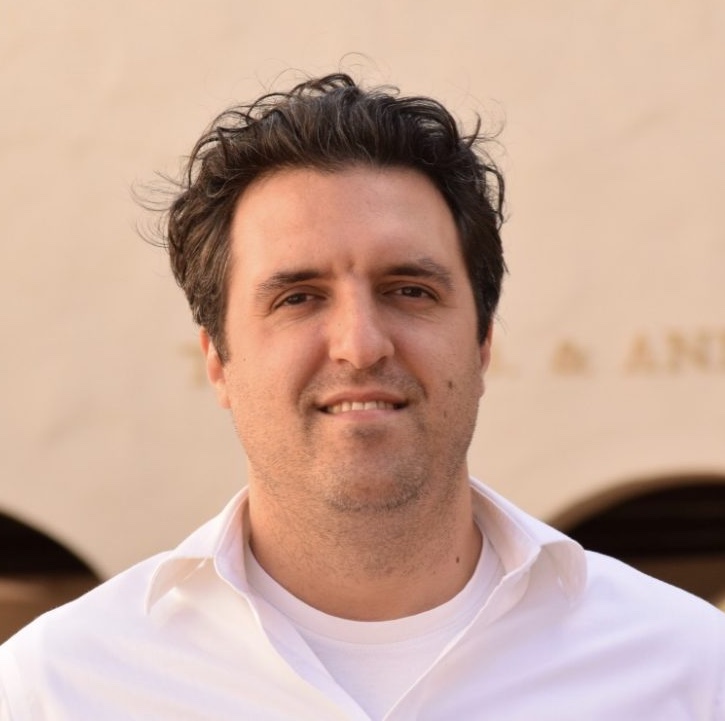
Dr. Matthew E. Verbyla
Associate Professor
Director of the Safe WaTER Lab
Department of Civil, Construction, and Environmental Engineering
On sabbatical in 2024-2025 with Trussell Technologies, Inc.
PhD Students

Maryam Fani
PhD Student
SDSU/UCSD
Joint Doctoral Program
2021 – present
Dissertation Topic
Next-generation
microbial source tracking
Master’s Students
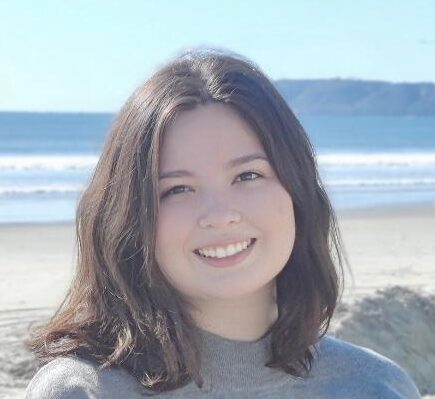
Amira Andrews
M.S. Environmental Engineering
2024 – present
Undergraduate Students
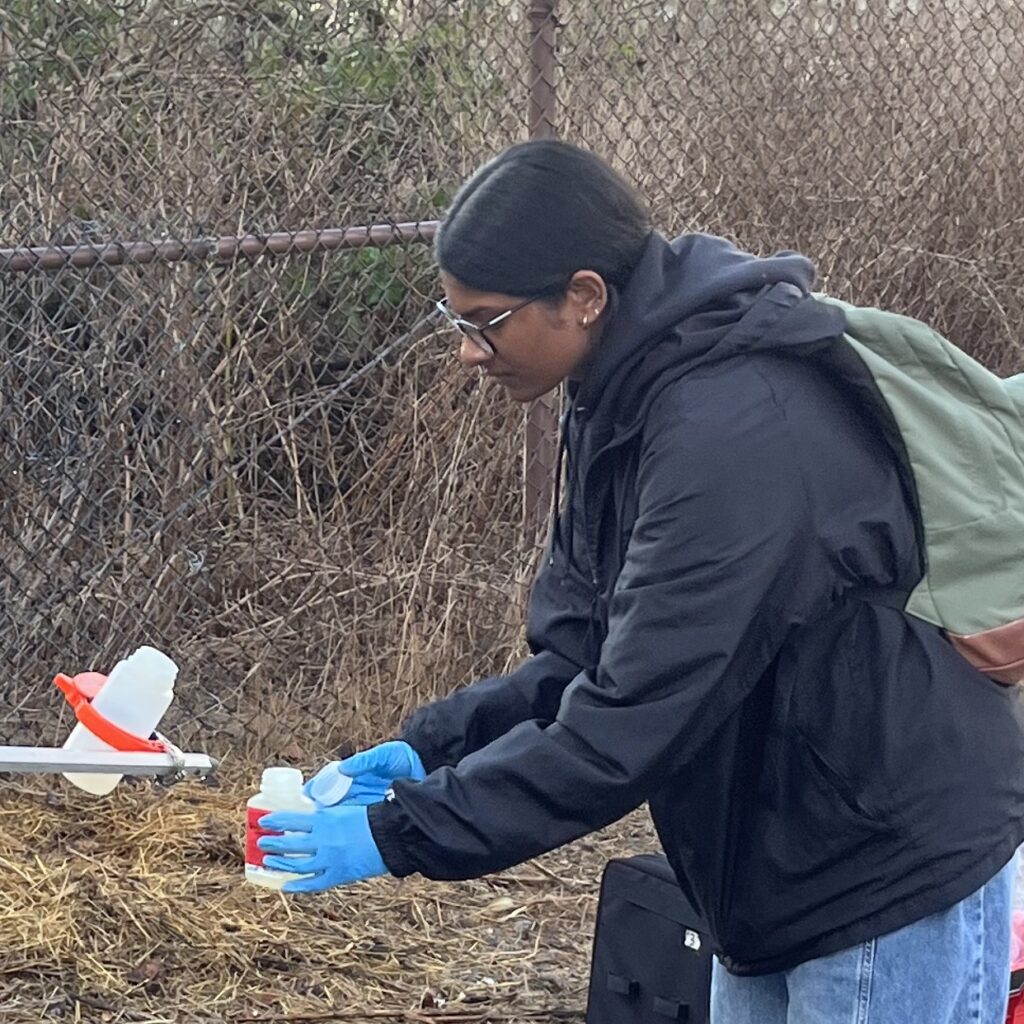
Alina Alex
B.S. Environmental Engineering
2024 – present
Independent Study Topic:
Concentrations of human-associated fecal biomarkers in the Tijuana River
Former Students
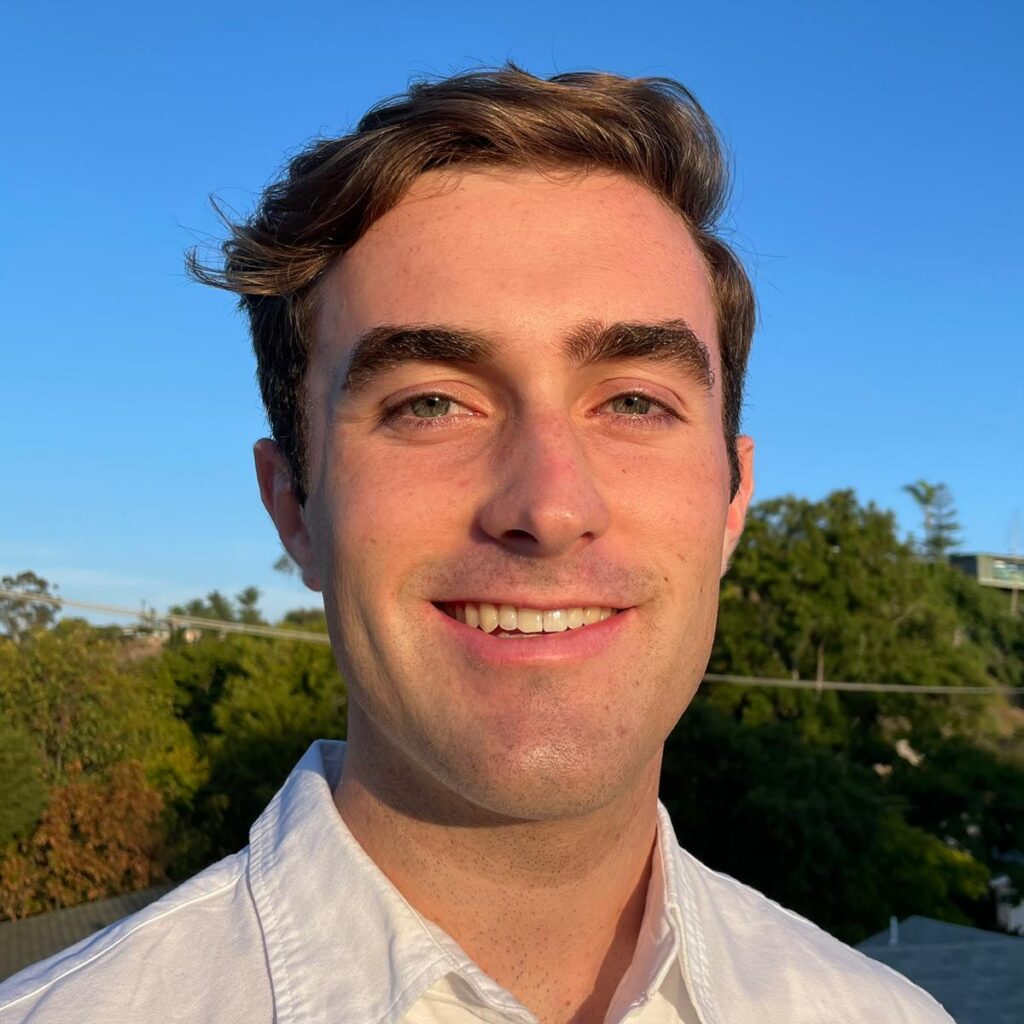
Jacob Howick
B.S. Environmental Engineering
2022 – present
Independent Study Topic:
Characterization of HF183 and PMMoV concentrations in residential wastewater
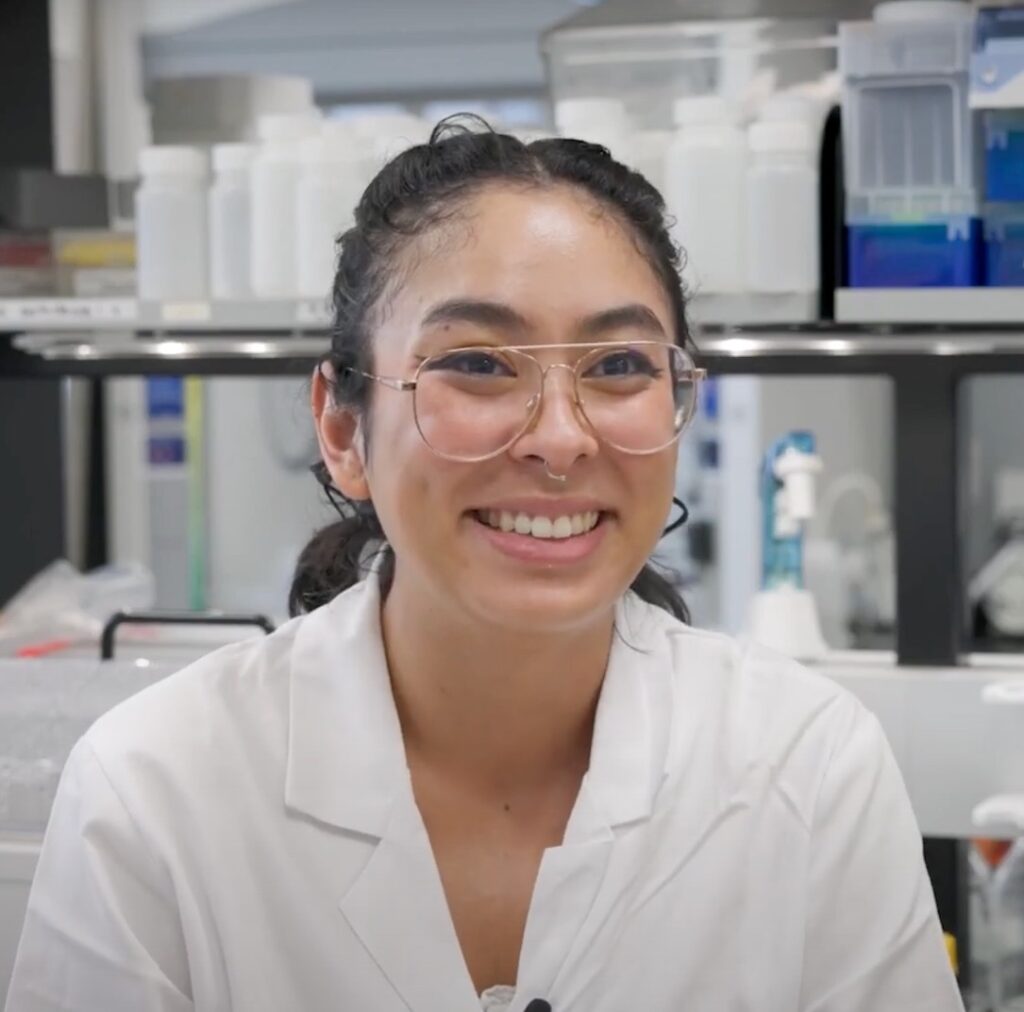
Charisma Tanaka Herrera
B.S. Environmental Engineering
2023 – 2024
Independent Study Topic:
Change in HF183:PMMoV ratio after passage through subsurface soils
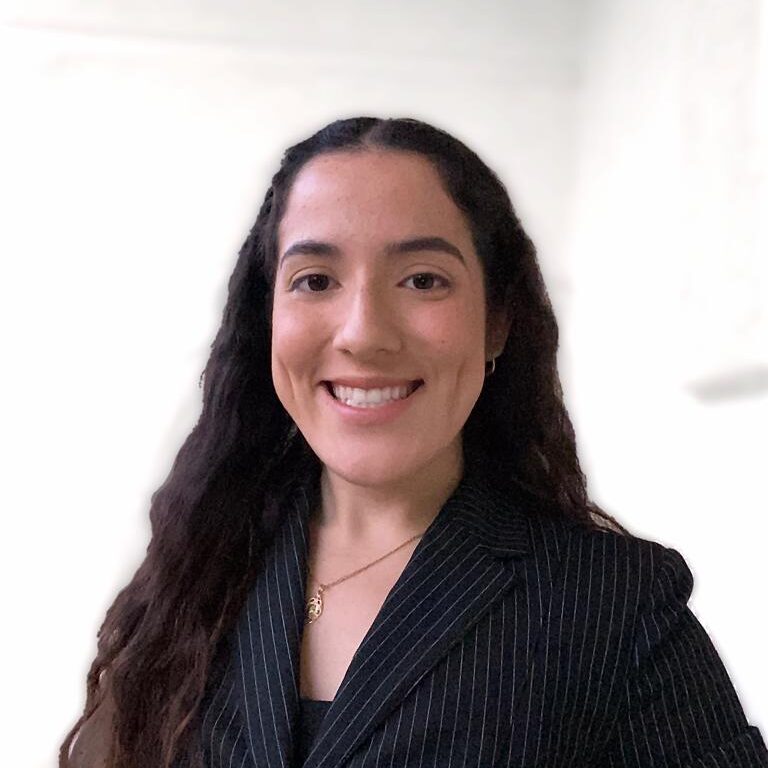
Vanessa Gonzalez
B.S. Environmental Engineering
2021 – present
Independent Study Topic:
Comparison of concentration and extraction methods for wastewater surveillance of SARS-CoV-2
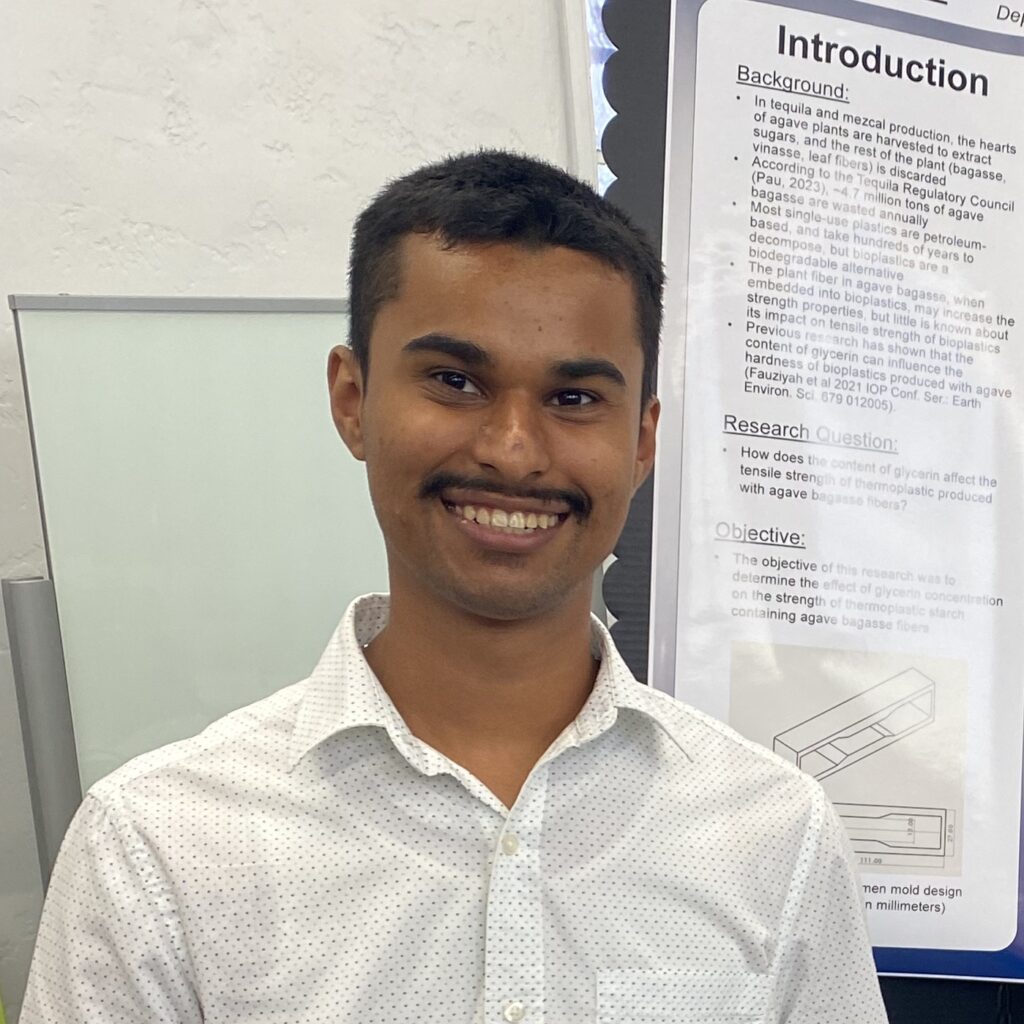
Melino Lopez
MESA Undergraduate Research Institute
2023
Research Project Topic:
Evaluation of tensile strength of bioplastics made from agave bagasse
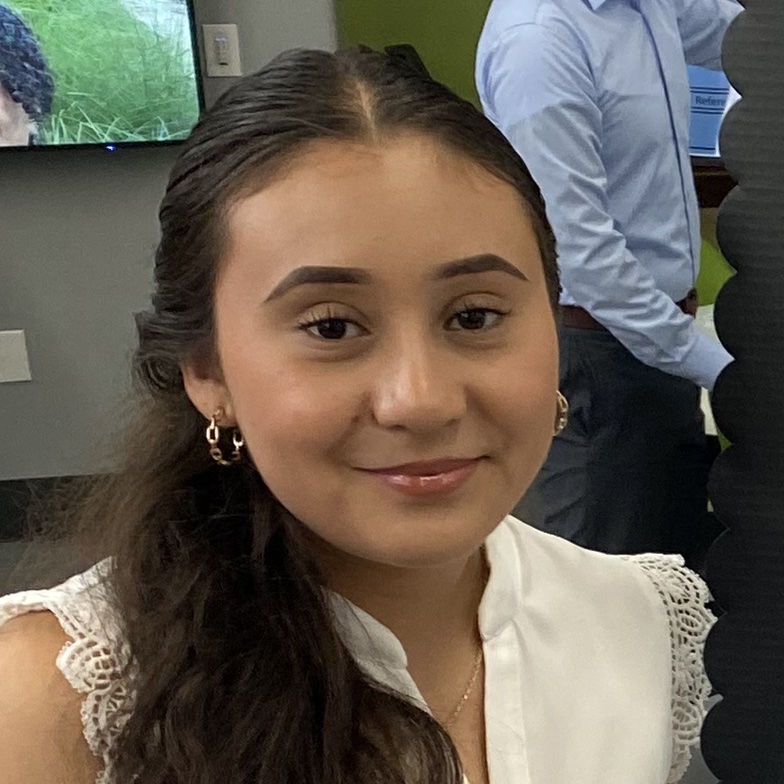
Victoria Beiza
MESA Undergraduate Research Institute
2023
Research Project Topic:
Bioplastic degradation after exposure to freshwater and saltwater
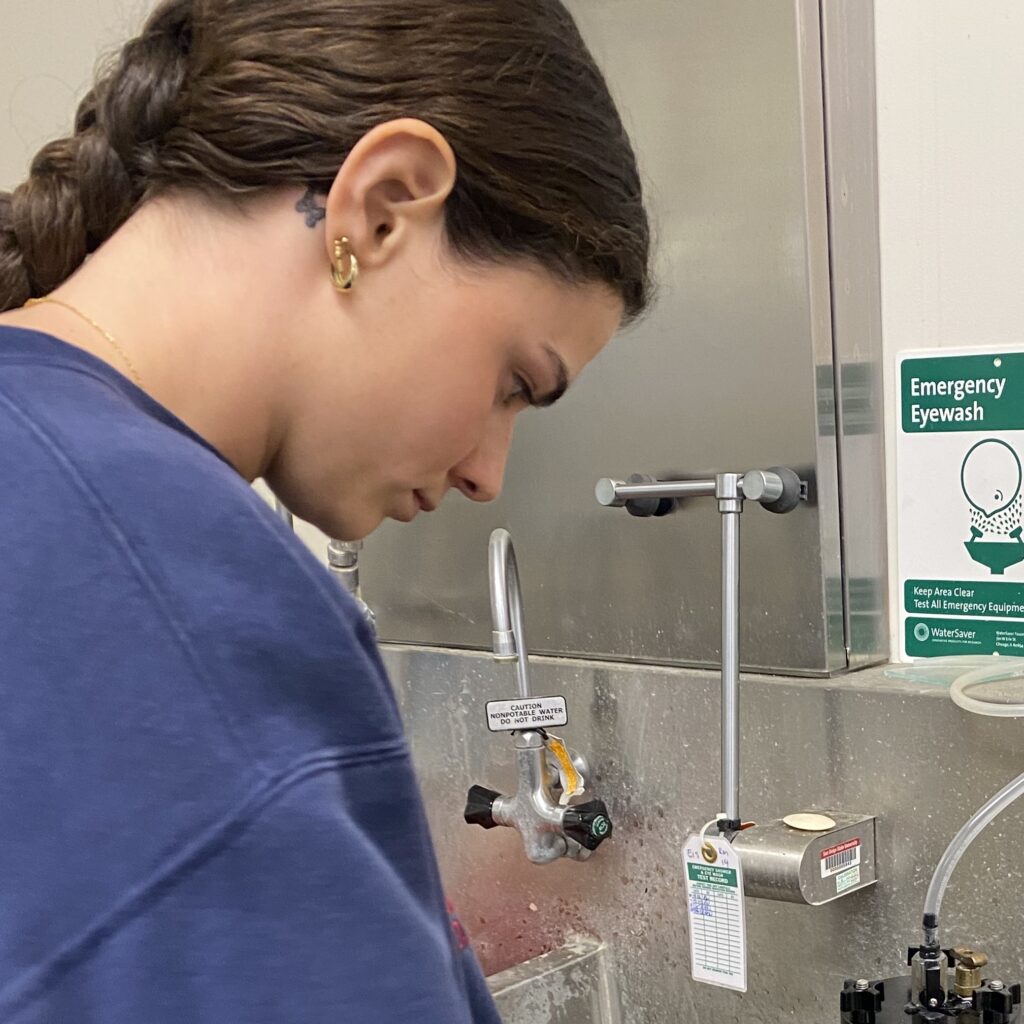
Lynnae Leininger
B.S. Environmental Engineering
2023
Research Project Topic:
Change in HF183:PMMoV ratio after passage through subsurface soils
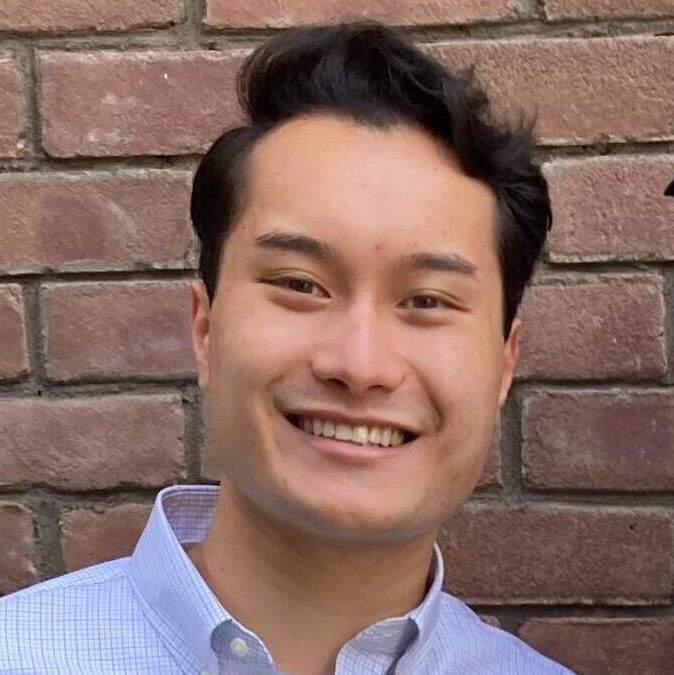
Eric Chang
M.S. in Public Health
(co-advised with
Dr. Linda Lara Jacobo)
2021 – 2024
Thesis
Pathogens and microbial risks associated with recreational waters in southern California
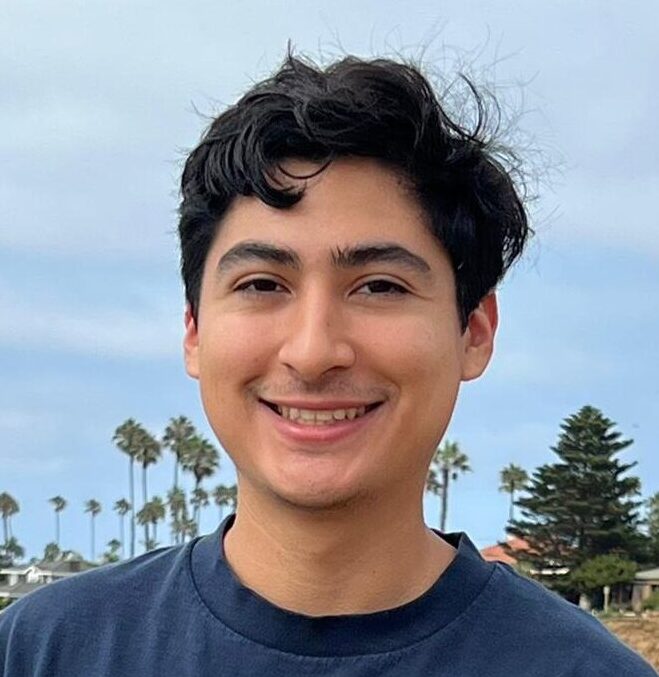
Nick Hernandez
Master of Public Health
(co-advised with
Dr. Zohir Chowdhury)
2022 – 2023
Thesis
Tracking sources of fecal pollution in the San Juan Creek watershed
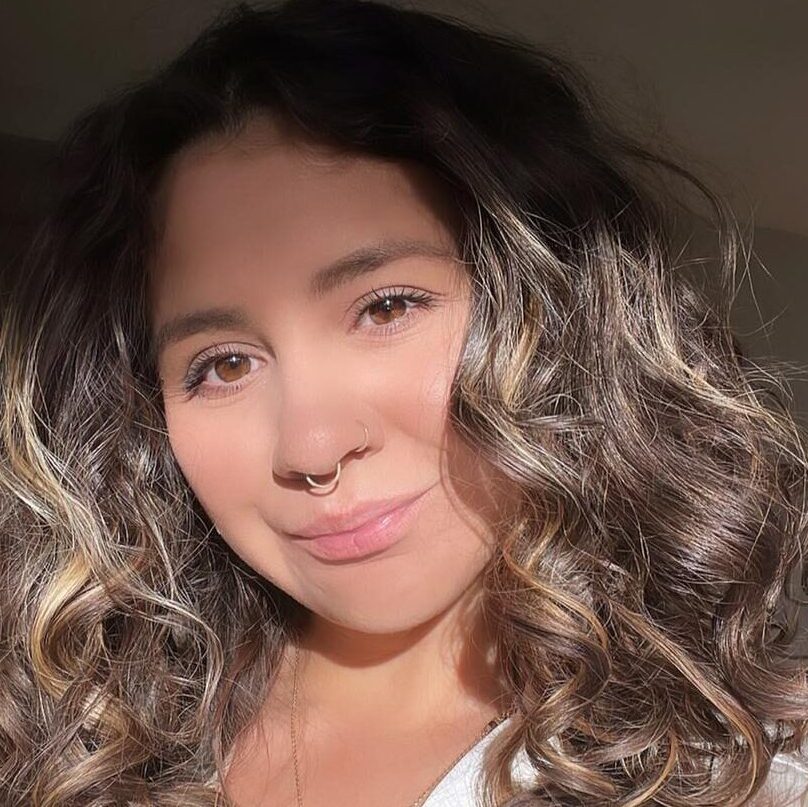
Athena Chaparro
B.S. Environmental Engineering
2022 – 2023
Project
Wastewater surveillance for
SARS-CoV-2
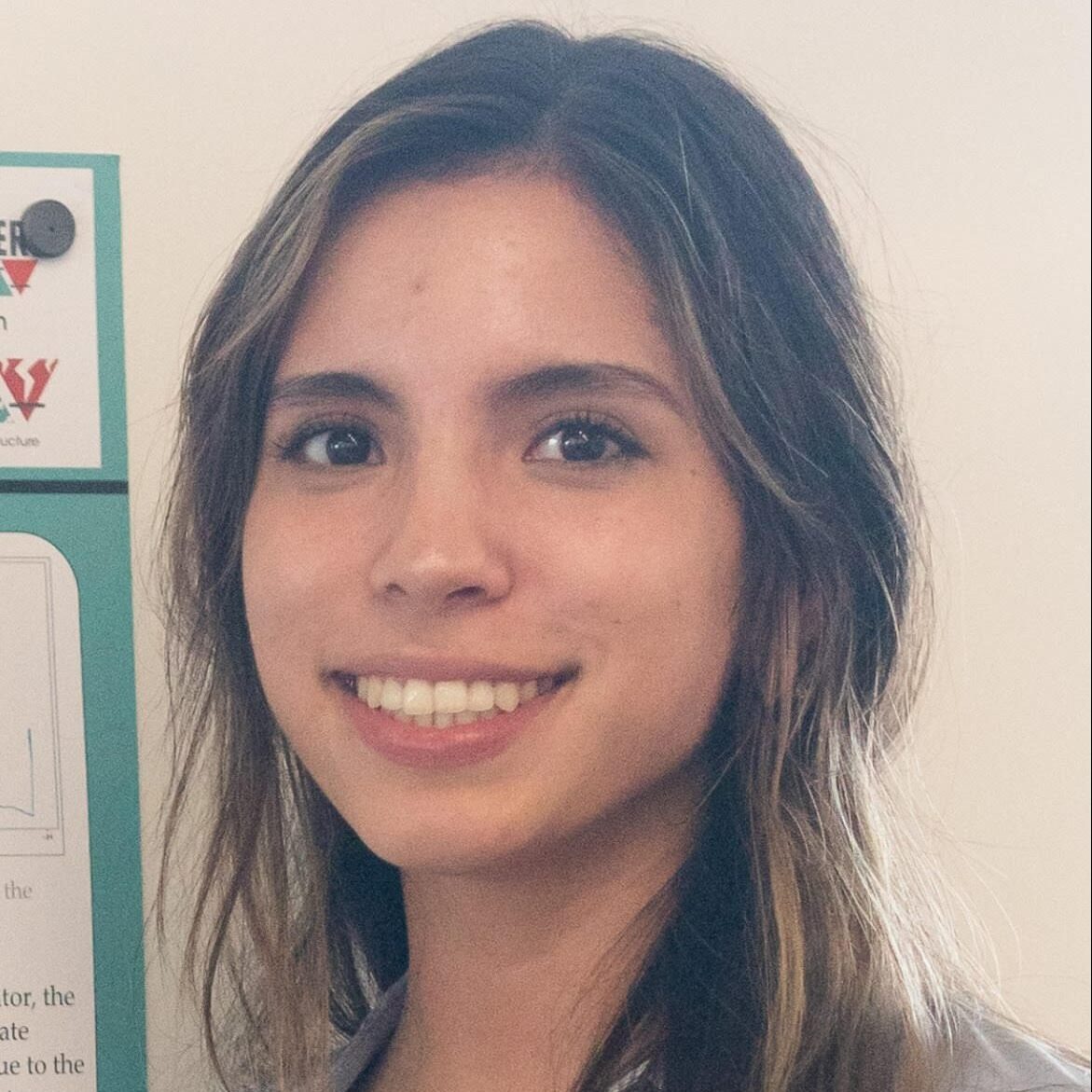
Julie Arvizu
B.S. Environmental Engineering
2021 – 2022
Project
Positive and negative predictive values of building-level wastewater surveillance for SARS-CoV-2
After SDSU
Works for Dudek
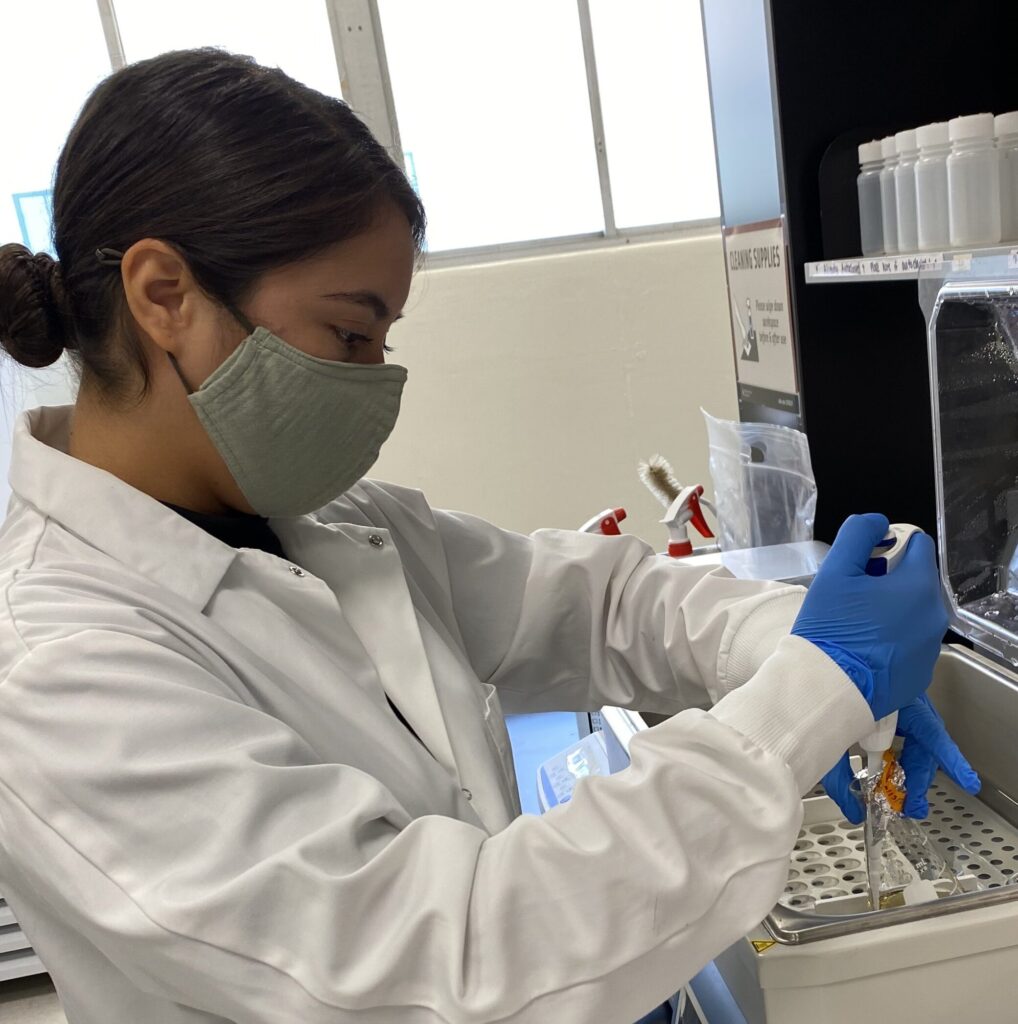
Atalie Gomez
M.S. in Civil Engineering
2021 – 2022
Project
Somatic coliphages as alternative viral fecal indicators in recreational waters
After SDSU
Works as a Water Resource Control Engineer for the California Department of Fish & Wildlife
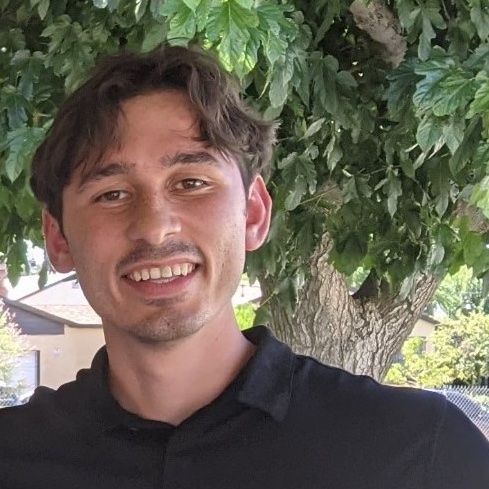
Francisco Santos Ponce
M.S. in Civil Engineering
2021 – 2023
Project
Building-level wastewater
surveillance for COVID-19
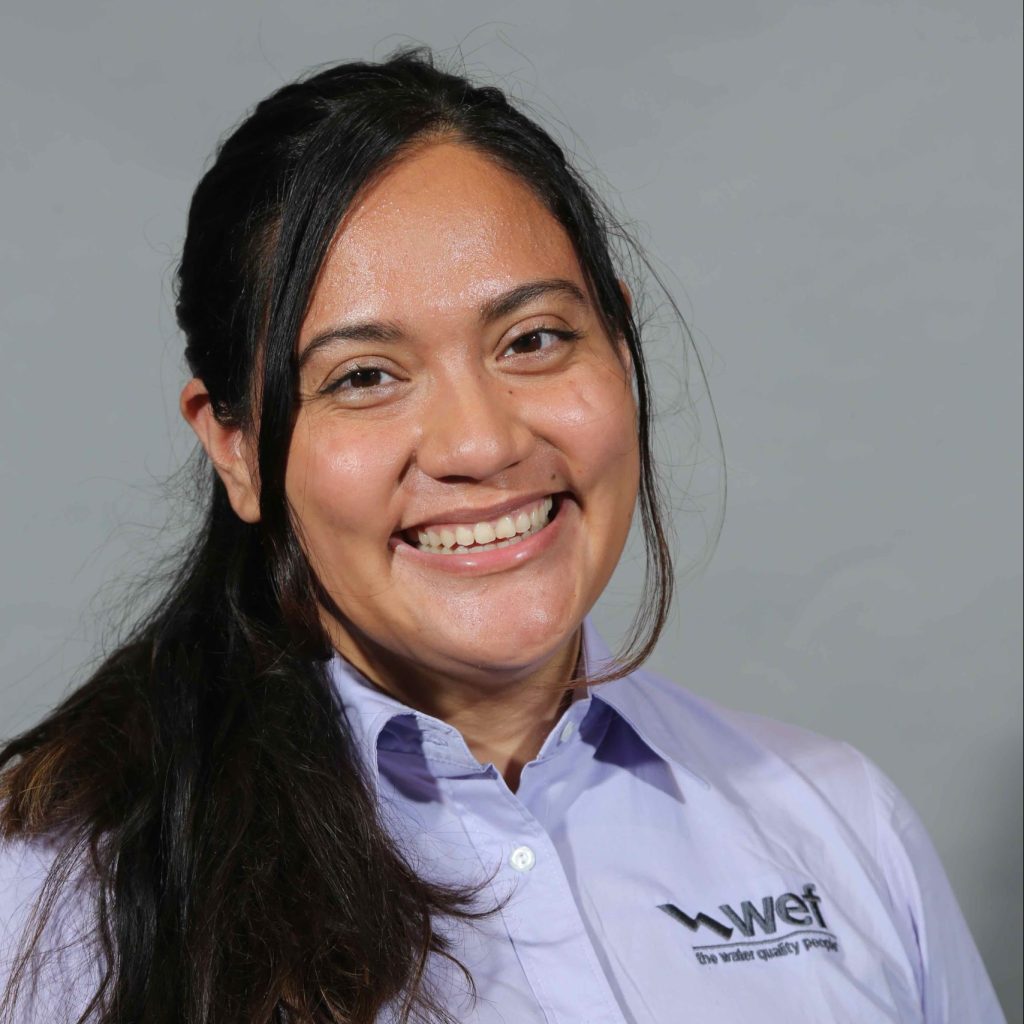
Alma Rocha
M.S. Civil Engineering
Spring 2022
Thesis
Detection and persistence of SARS-CoV-2 in wastewater and natural waters
After SDSU
PhD student at NYU
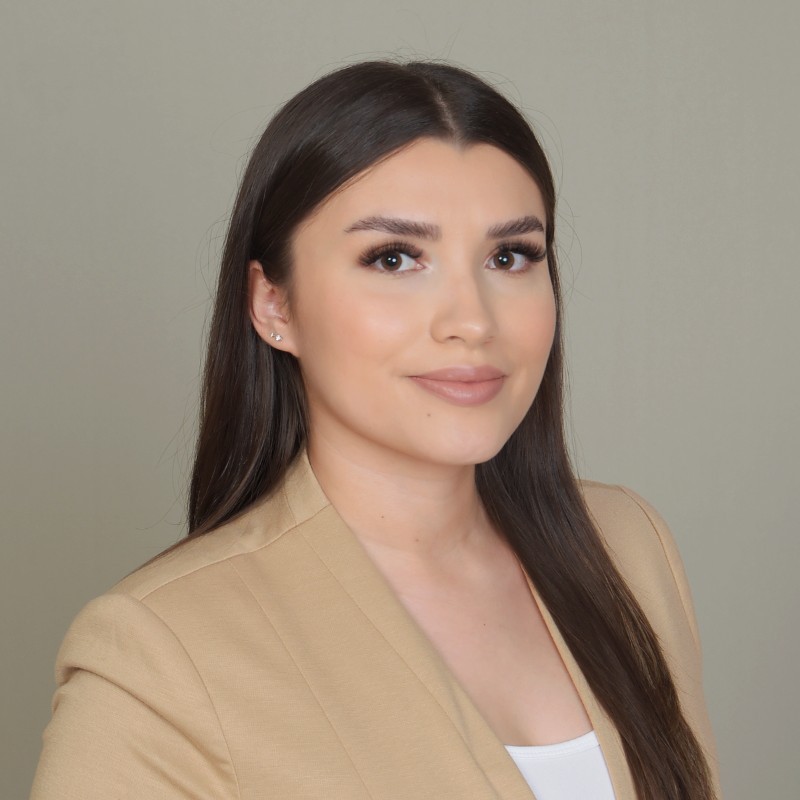
Mireille Garcia Serrato
M.S. Civil Engineering
Spring 2022
Thesis
Evaluation of microbial pollution from homeless encampments during dry weather conditions
After SDSU
Works for the San Diego Regional Water Quality Control Board
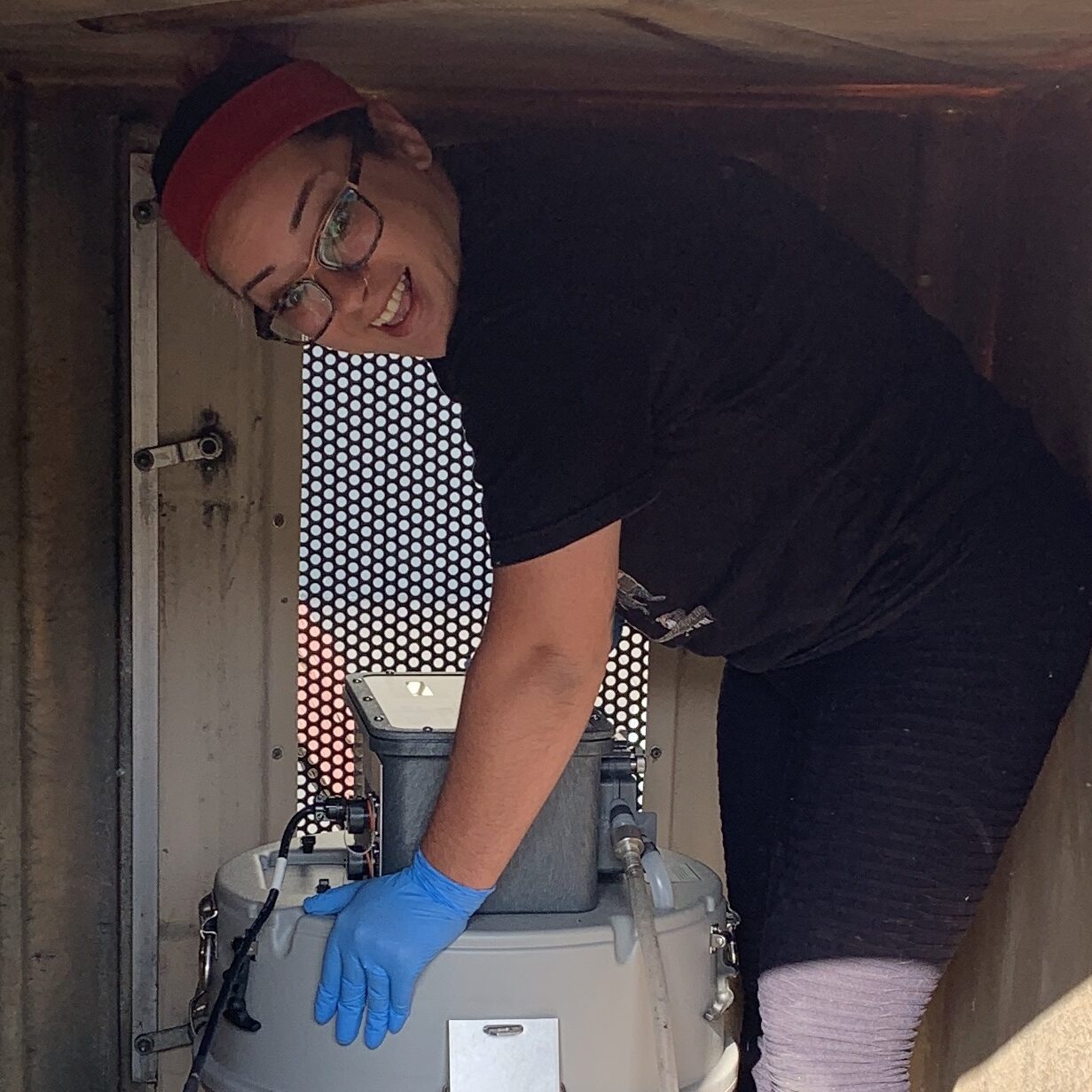
Cheyenne Greer-Potts
B.S. Mech. Engineering
Spring 2022
Project
Evaluation of sub-sampling intervals for composite samples for building-level wastewater surveillance
After SDSU
Works for Watson Furniture and Home Furnishings Manufacturing
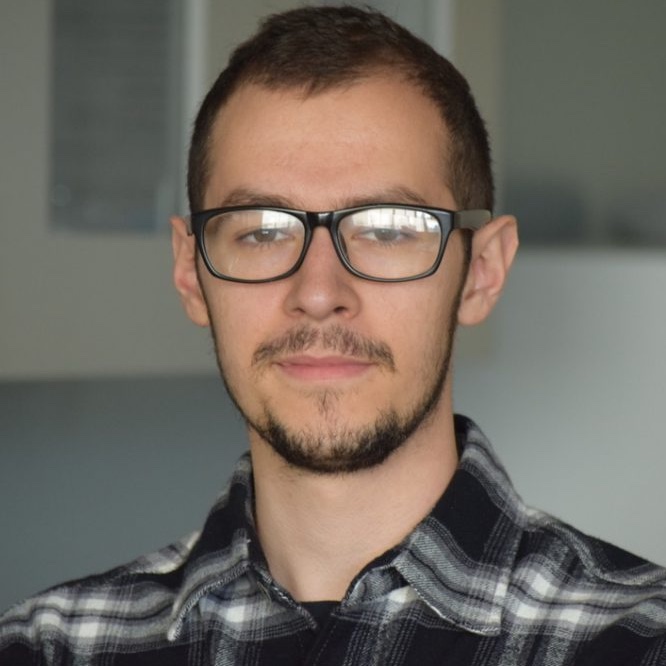
Jose Calderon
M.S. Civil Engineering
Summer 2021
Thesis
Evaluation of fecal contamination to a river from non-point sources
After SDSU
Worked for WSP; currently works for Origis Energy
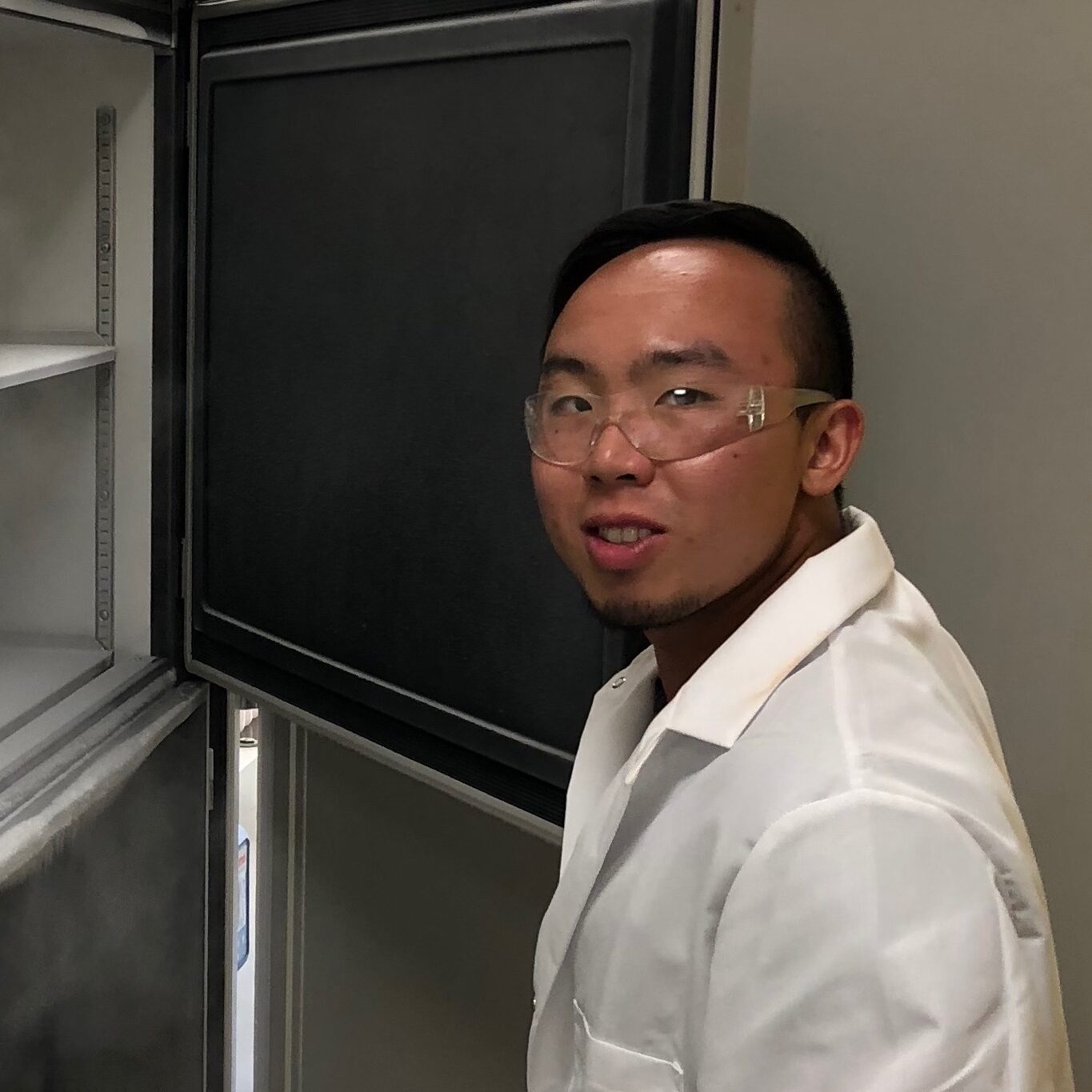
Arnold Wong
M.S. Civil Engineering
Summer 2020
Thesis
Metagenomic study of an advanced water treatment system for potable reuse
After SDSU
Works for California State Water Resources Control Board
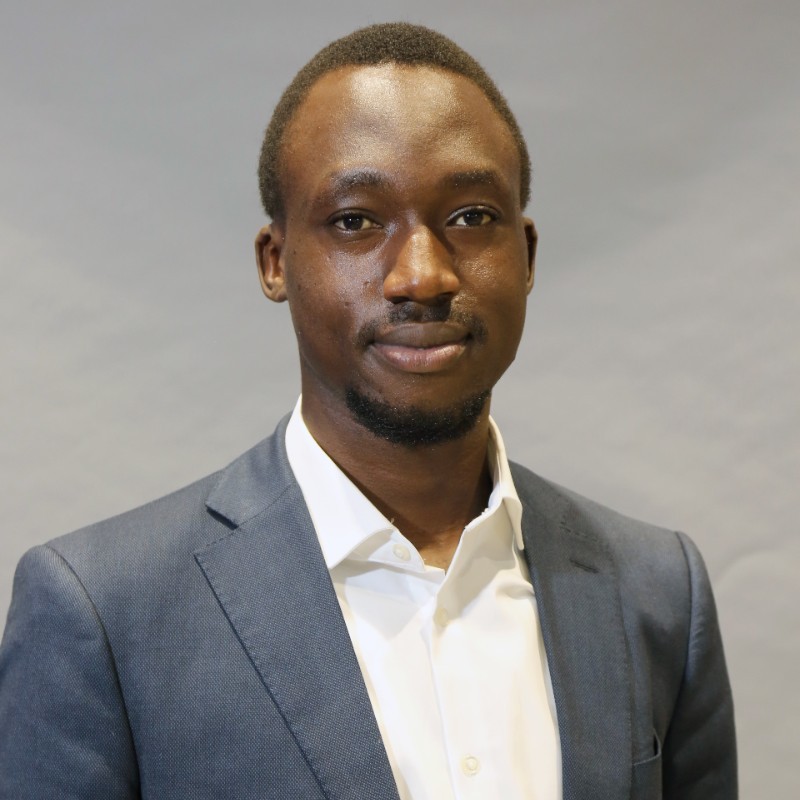
Isaac Musaazi
M.S. Civil Engineering
Summer 2020
Thesis
Predicting pathogen fate and transport throughout the sanitation service chain
After SDSU
PhD student at Howard University
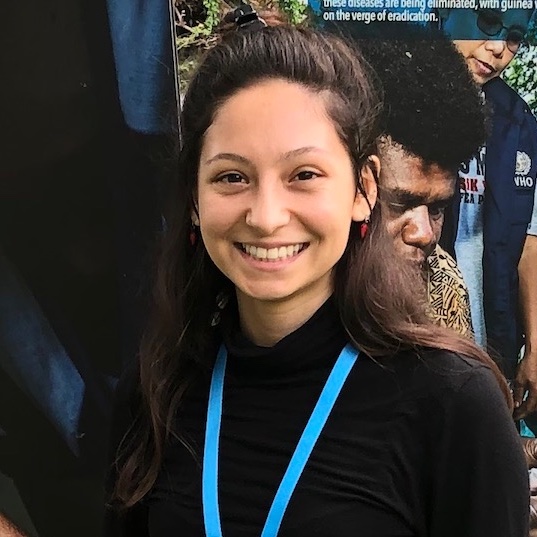
Lorelay Mendoza
B.S. Env. Engineering
Spring 2019
Project
Systematic review and meta-analysis of time-temperature pathogen inactivation
After SDSU
PhD student at Stanford University
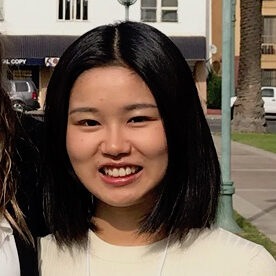
Fei Zhao
M.S. Civil Engineering
Fall 2019
After SDSU
Works for the Illinois Environmental Protection Agency
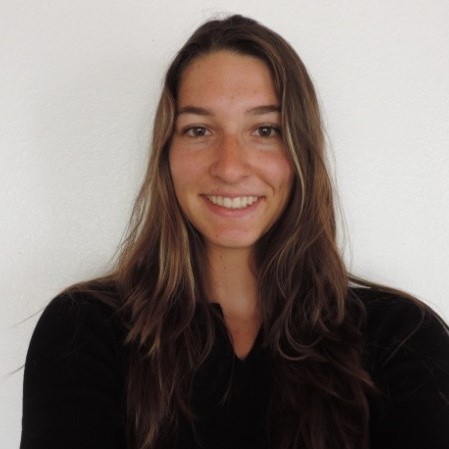
Anaïs Gaunin
M.S. Civil Engineering
Summer 2020
After SDSU
Works for EDM International, Inc.
Research
Below is a summary of our current areas of research.
Click on the images below to learn more about each project.
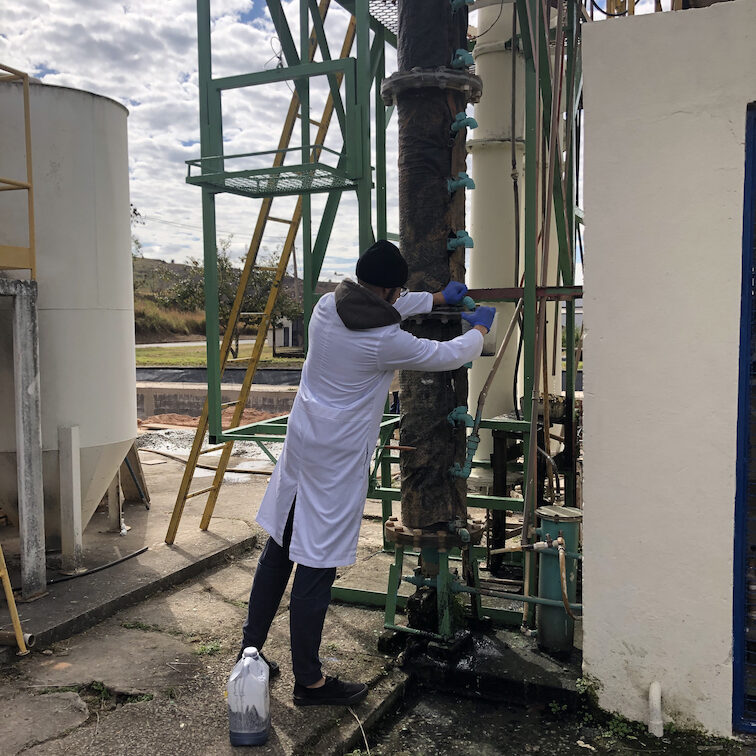
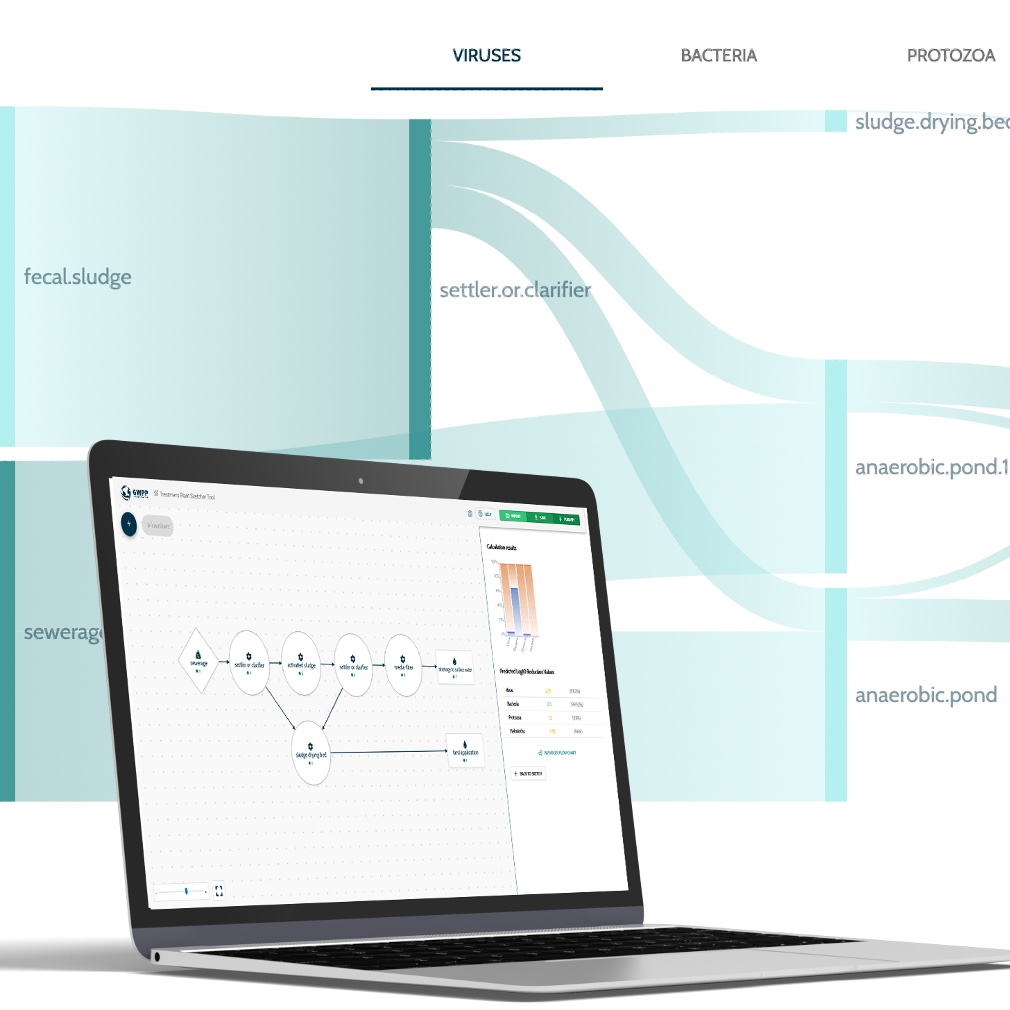
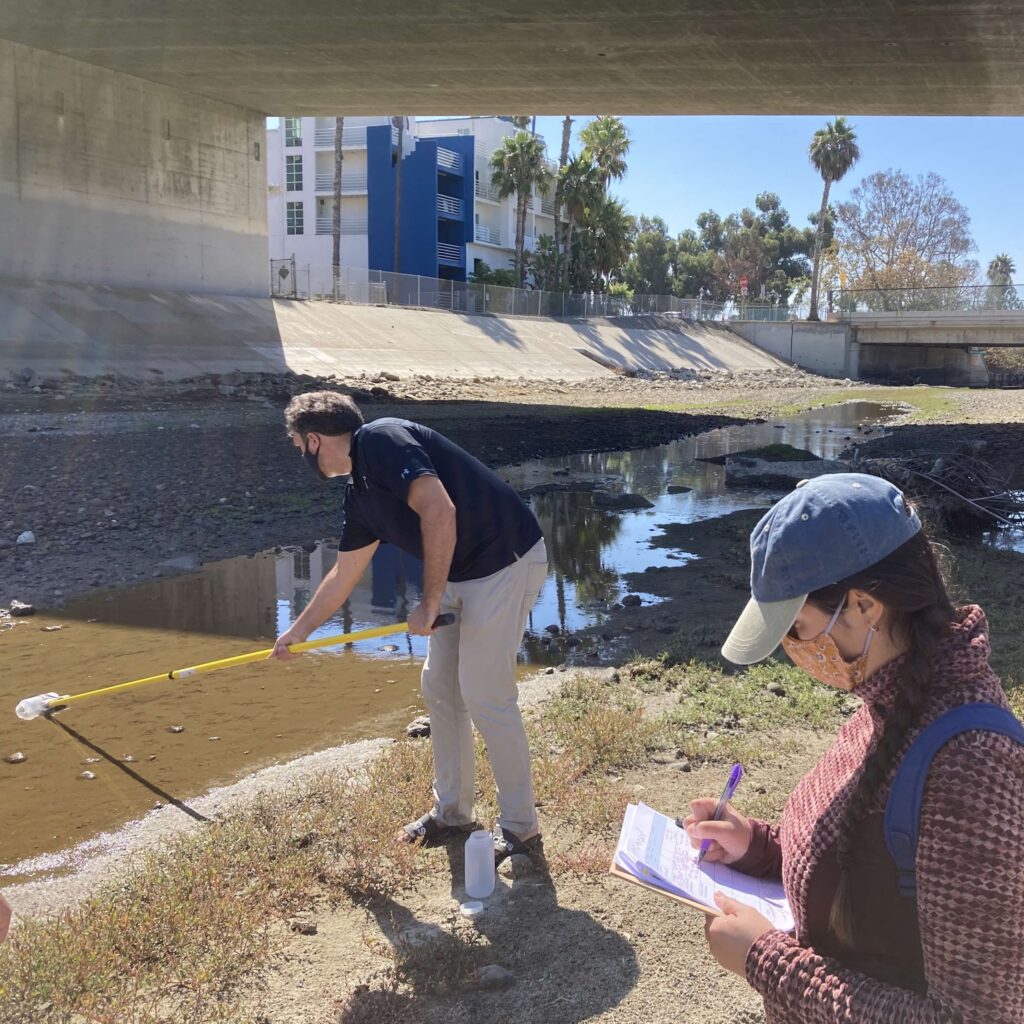
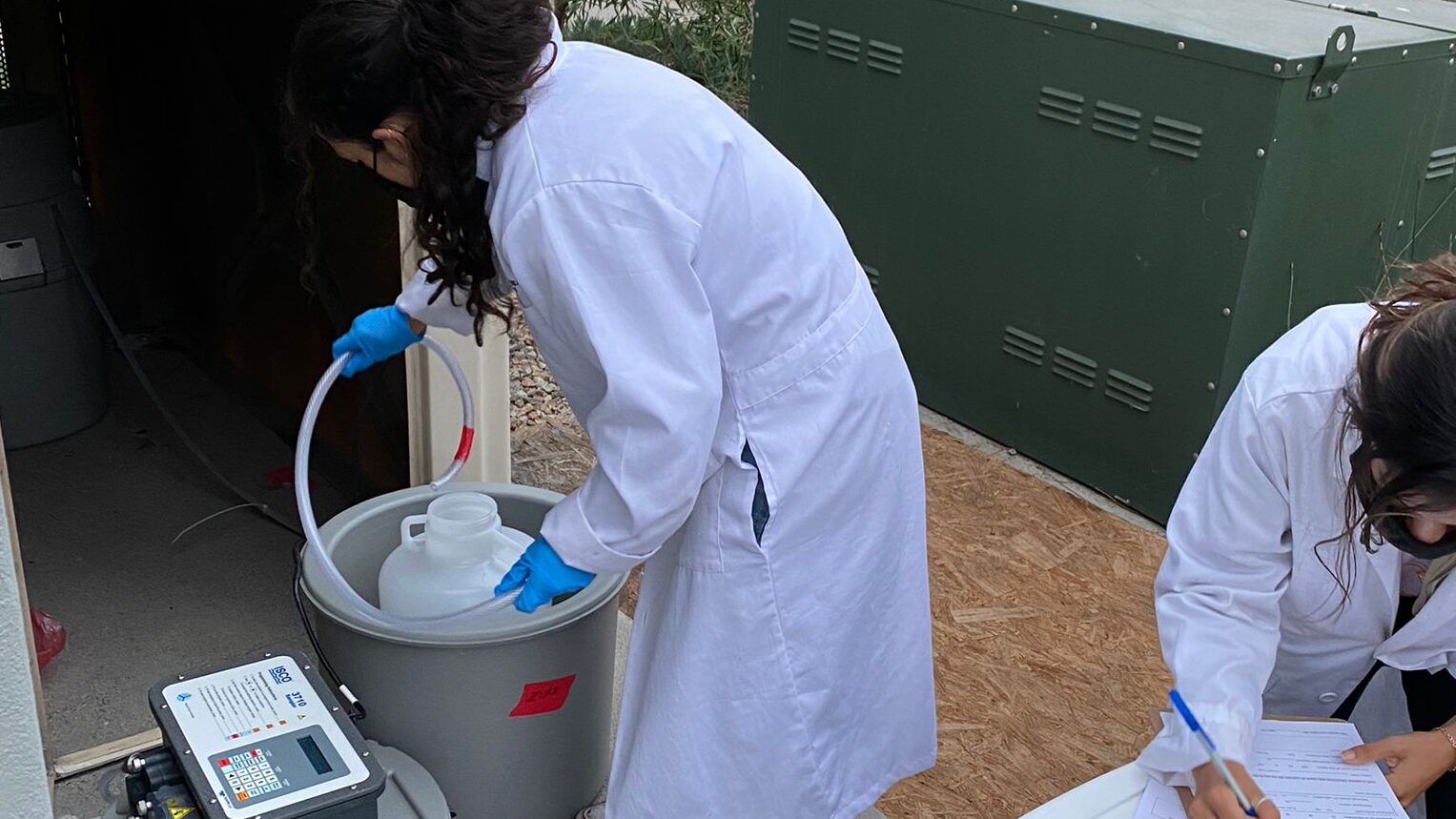
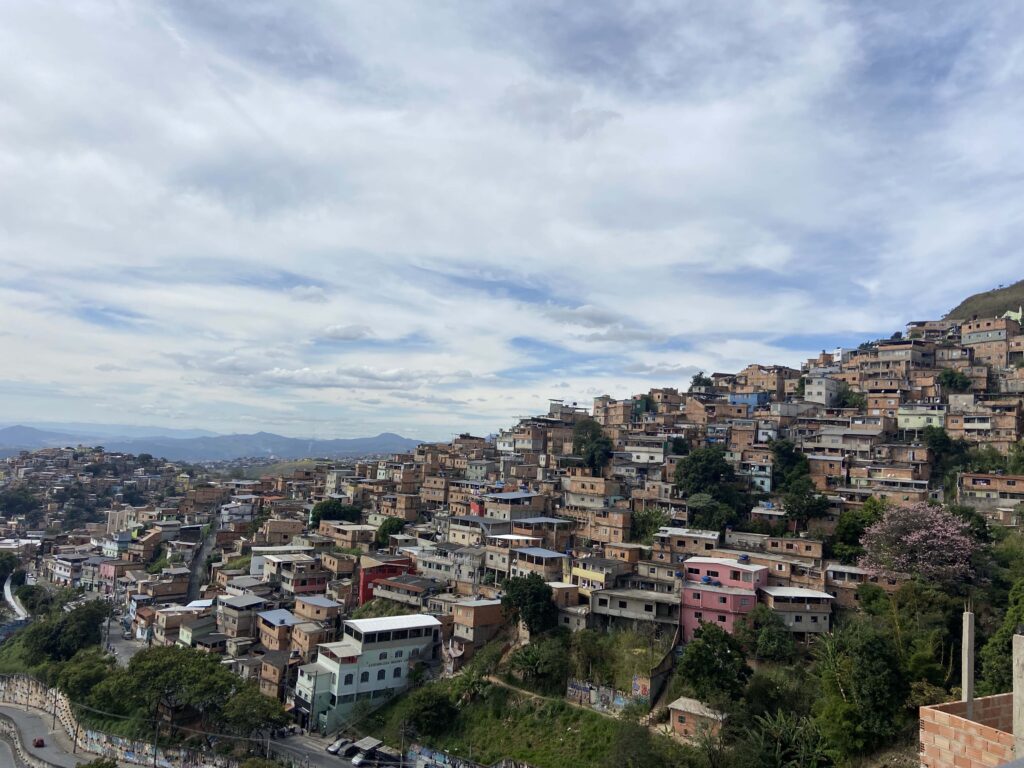
APPLY NOW!
Teaching
Learn more about the following classes Dr. Verbyla teaches at SDSU:
- ENV E 101 – Environmental Engineering Seminar
- ENV E 320 – Designing Solutions for Environmental Problems
- ENV E 363 – Environmental Engineering Laboratory
- ENV E 445 – Water and Wastewater Treatment Systems
- ENV E 555 – Sustainable Water and Sanitation Systems
- ENV E 560 – Assessment of Treatment System Performance and Monitoring Data (coming soon!)
- ENV E 646 – Microbiological Principles of Environmental Engineering (graduate level course)
Work with us!
There are several ways you can work with us to help us achieve our goals. Please feel free to contact us if you have any questions!
Current students can get involved by taking ENV E 499 – Independent Study, which can count as your professional elective. Interested students who are highly motivated and comfortable with independent work should reach out to Professor Verbyla by email to set an appointment to discuss possible research projects. Ideally, students shall have already completed ENV E 363 (Environmental Engineering Laboratory) by the time they enroll in ENV E 499.
The Safe WaTER Lab currently does not have any openings for PhD students. However, students applying to the SDSU program for a Master of Science in Civil or Environmental Engineering may contact Professor Verbyla to discuss the possibility of doing a thesis project in the Safe WaTER Lab.
The Safe WaTER Lab is always interested in connecting with government and industry partners who are interested in working together on a project. Please email Dr. Matthew Verbyla (mverbyla@sdsu.edu) if you are interested in partnering with us on a research project.